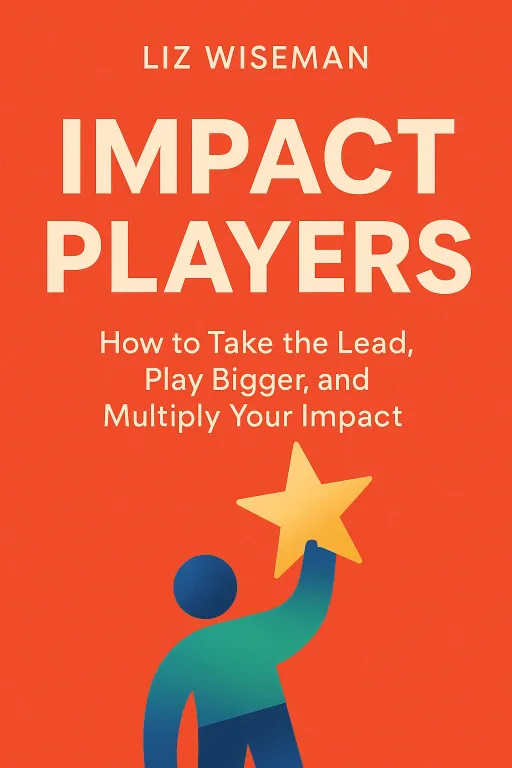
Impact Players
Liz Wiseman
Discover the secrets to becoming an indispensable "Impact Player" in any organization. This book explores the mindsets and practices that differentiate top contributors from the rest, enabling you to take the lead, amplify your influence, and achieve extraordinary results. Learn how to navigate uncertainty, seize opportunities, and make a meaningful difference in your workplace.

Inspired
Marty Cagan
Discover the product management secrets that drive success! INSPIRED offers actionable insights into building technology products that customers adore. Learn how to create a product culture that fosters innovation, scales effectively, and consistently delivers value. A must-read for product managers, leaders, and anyone passionate about creating exceptional products.

Lead from the Outside
Stacey Abrams
A guide for those who feel like outsiders, offering strategies to gain and wield power, overcome obstacles, and lead effectively, regardless of background or circumstances. Stacey Abrams shares personal stories and insights on ambition, fear, money, failure, and opportunity, providing tools for anyone seeking to make a difference.
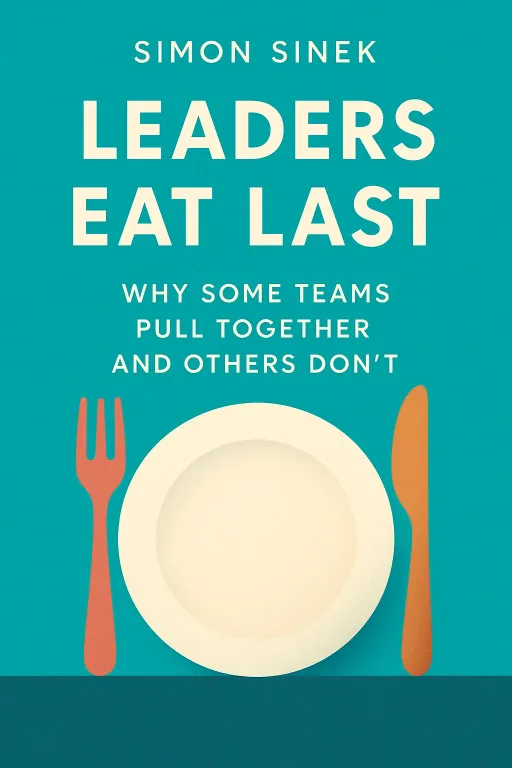
Leaders Eat Last
Simon Sinek
Why do only a few people get to say "I love my job"? Simon Sinek explores how great leaders create environments where people naturally work together to do remarkable things, sacrificing their own comfort for the good of those in their care. Discover the principles of trust, cooperation, and empathy that drive exceptional organizations.
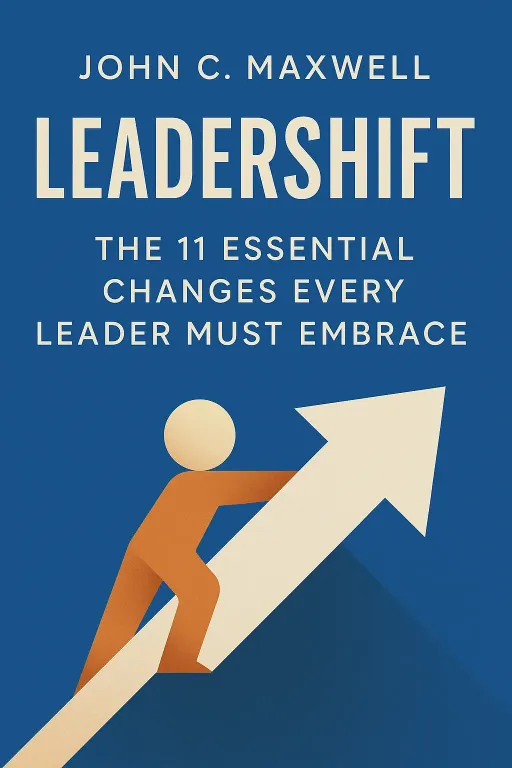
Leadershift
John C. Maxwell
In Leadershift, John C. Maxwell helps leaders examine the shifts they must make to remain relevant and successful in a fast-paced world. He shares eleven essential changes he has made over the course of his long and successful leadership career. Each shift will change the way you think, act, and ultimately lead so you can be successful in a world that never remains the same.
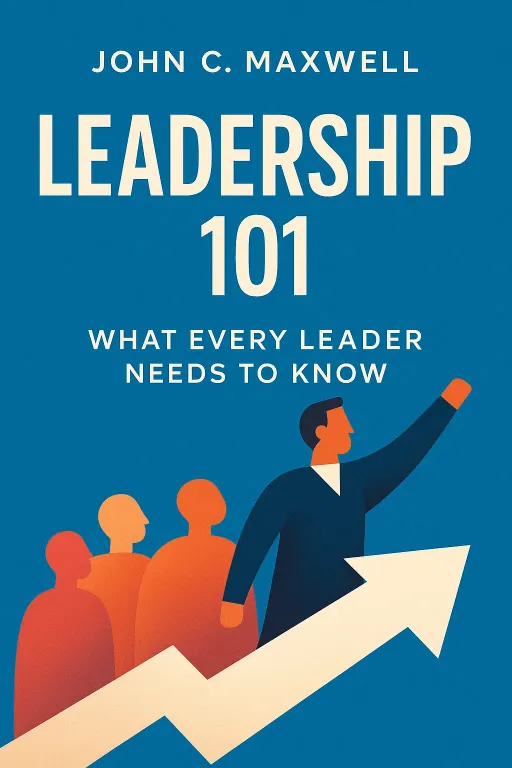
Leadership 101
John C. Maxwell
Leadership 101 provides essential insights gained from over thirty years of leadership experience. It defines leadership, identifies key traits every leader should develop, and demonstrates the profound impact leadership can have on your life and the lives of those you lead. Discover how to develop your leadership ability and achieve greater personal and organizational success.
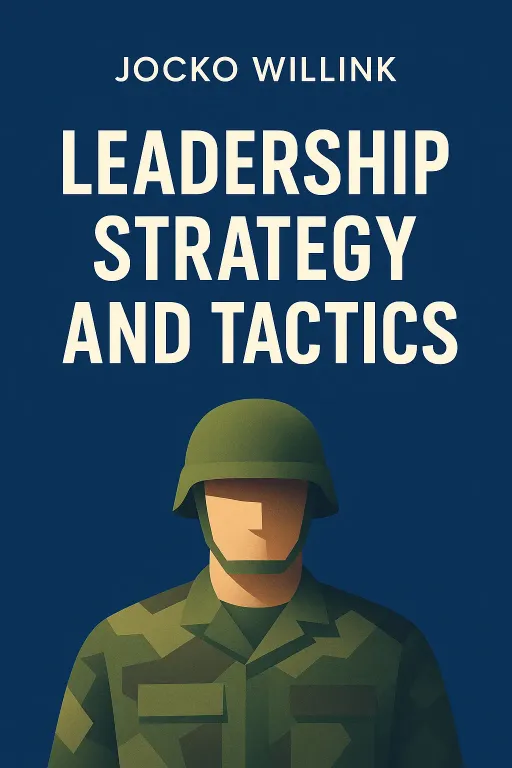
Leadership Strategy and Tactics
Jocko Willink
Decorated ex-US Navy SEAL officer Jocko Willink delivers hard-won leadership principles that have been tested and proven on the battlefield, in business and in life. Leadership Strategy and Tactics takes the guesswork out of leadership by translating theory into practical skills and maneuvers that leaders at all levels can apply, practice and execute.
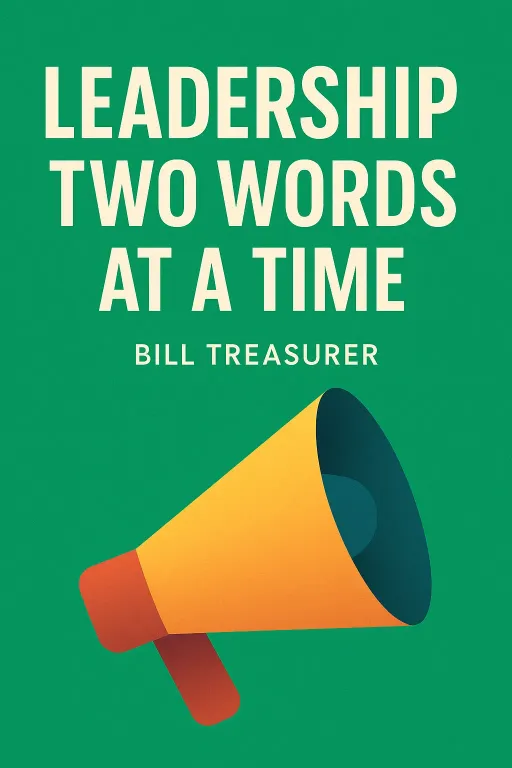
Leadership Two Words at a Time
Bill Treasurer
Leadership Two Words at a Time offers time-tested advice for building the skills, knowledge, mindset, and wherewithal needed for effective and enduring leadership success. It provides practical guidance and support to extend leadership development, covering the essentials that all leaders must eventually learn. This book aims to provide the practical guidance and support that will extend whatever leadership development your employer is providing or failing to.